Peter Dutton warns corporate Australia to stop ‘being played for fools by the Labor Party’
Peter Dutton has accused business leaders of chasing popularity by signing up to social causes even if they don’t believe in them.
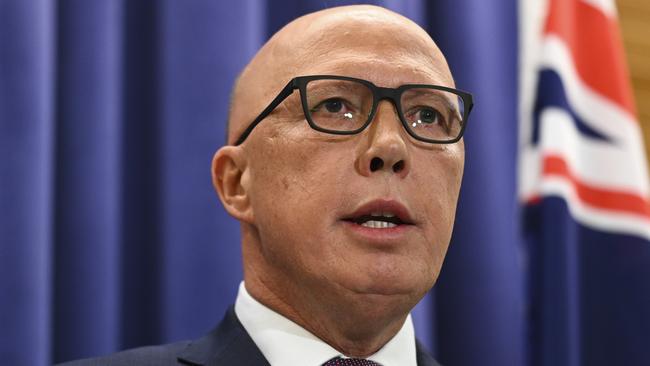
Peter Dutton has warned corporate Australia to stop “being played for fools by the Labor Party” and accused business leaders of chasing popularity by signing up to social causes even if they don’t believe in them.
In a scathing attack on elements of the private sector, the Opposition Leader told The Australian that “too many business leaders say one thing in private and don’t advocate it publicly”.
The Liberal Party leader, who along with deputy Sussan Ley and Treasury spokesman Angus Taylor have traversed the nation meeting small and big business leaders after last year’s election rout, slammed private sector chiefs for “craving popularity on social media”.
“It’s time the business community stepped up and stopped being played for fools by the Labor Party. My door is always open to business leaders and those who employ Australians, but too many business leaders say one thing in private and don’t advocate it publicly,” Mr Dutton said.
“To be frank, some business leaders need to stop craving popularity on social media by signing up to every social cause, even though they may not believe in it.
“Our country deserves an honest debate on energy. The business community should be staring down the extremes of ESG (environmental, social, and governance), proxy voters and industry super funds demands on capital and stand up for the national interest.”
Mr Dutton’s pushback against corporate Australia comes as some industry leaders privately criticise the Coalition for opposing Anthony Albanese’s safeguard climate change mechanism, forcing the government to negotiate with the Greens, and not negotiating on Labor’s referendum model for an Indigenous voice.
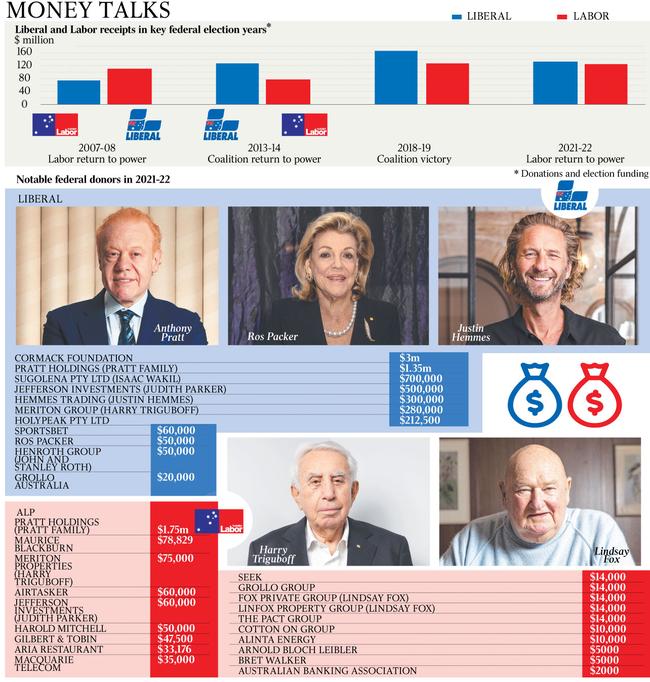
While acknowledging the importance of securing business support, ranging from sole traders and small businesses to major employers, senior Liberal Party figures are frustrated by the “quiet anger” expressed to them by private sector figures.
Industry leaders, including some who cosied up to Labor ahead of last year’s federal election, have raised concerns with The Australian about Labor’s industrial relations, tax, energy and environmental agenda.
Lobby groups including the Minerals Council of Australia and Australian Petroleum Production and Exploration Association have ramped up resources and are preparing campaigns. Other leading industry groups have adopted cautious approaches since last year’s jobs and skills summit, which laid the ground for Labor’s multi-employer bargaining IR shake-up.
Mr Dutton, who along with Mr Albanese attended billionaire Lindsay Fox’s 86th birthday bash last week, said the Coalition would “always fight for the job creators and employers who keep our nation ticking over”.
“We understand business – be it small or medium or big – in a way that the Labor Party and their union mates simply don’t,” he said.
In his Sir John Downer oration last Tuesday, Mr Dutton championed business and industry as the “engine room of our economy” and promised employers that the Coalition was on their side.
Amid concerns about the Liberal Party’s splintering base, ageing membership and changing face of corporate and private donors, senior party strategists agree the party must modernise to ensure it remains competitive.
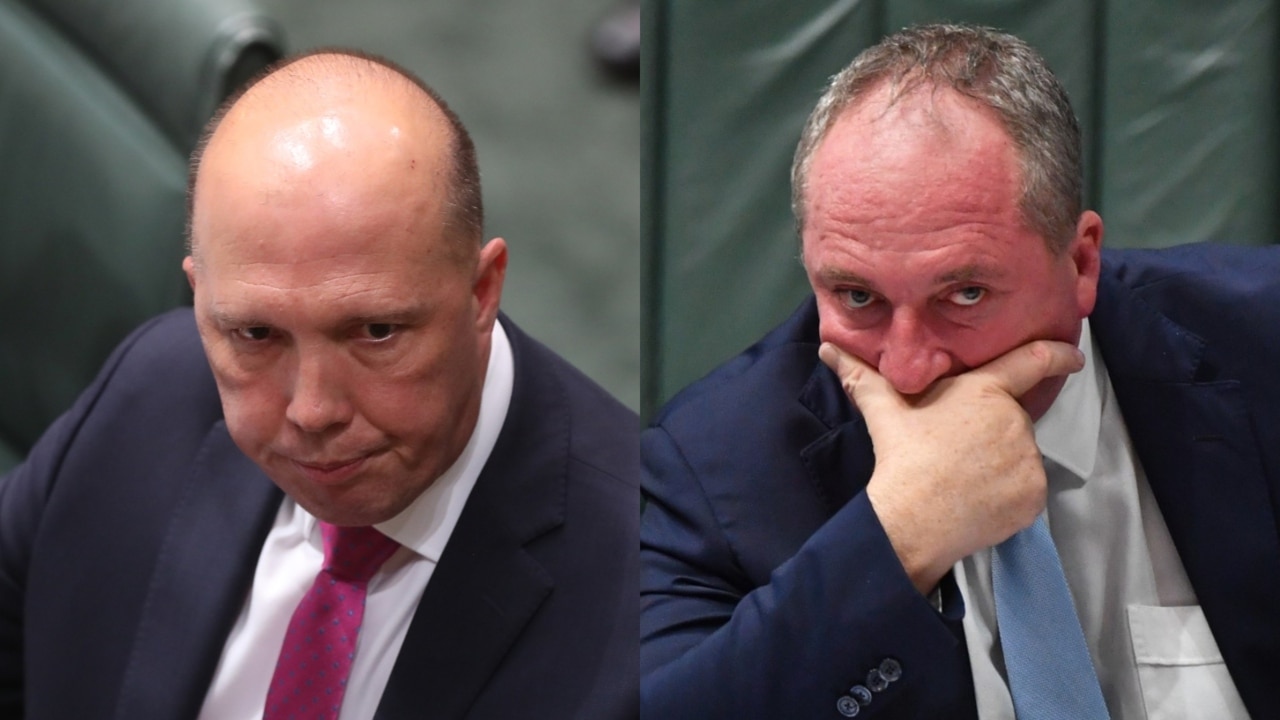
Australian Electoral Commission financial disclosure data shows the ALP campaign machine, headed by the Prime Minister and national secretary Paul Erickson, drafted a diverse mix of business identities to swell its election war chest.
Mr Albanese’s longstanding personal relationships with business leaders, including Mr Fox, Qantas chief executive Alan Joyce, former Macquarie Group chief executive Nicholas Moore, Business Council of Australia chief executive Jennifer Westacott and Sir Rod Eddington, were crucial to winning-over big business.
Anxious about the Morrison government’s rhetoric on China and policy reform paralysis, business leaders were promised an incoming Labor government would adopt an open-door approach. Since the election, Mr Albanese has taken business delegations to India and Indonesia, soothed relations with Beijing, and resisted calls to overhaul stage three tax cuts and carve-out gas from Australia’s net zero transition.
The ALP national office amassed its biggest election fighting fund since Kevin Rudd’s 2007 victory. Analysis of all Liberal affiliated divisions, including the Liberal National Party in Queensland and Country Liberal Party in Northern Territory, shows the conservative party reported $131.9m in receipts in 2021-22. All ALP branches, including Country Labor, raised $124.3m. The total amounts include election payments of $25,556,710 to Labor and $25,212,482 to the Coalition, processed by the AEC last June and July.
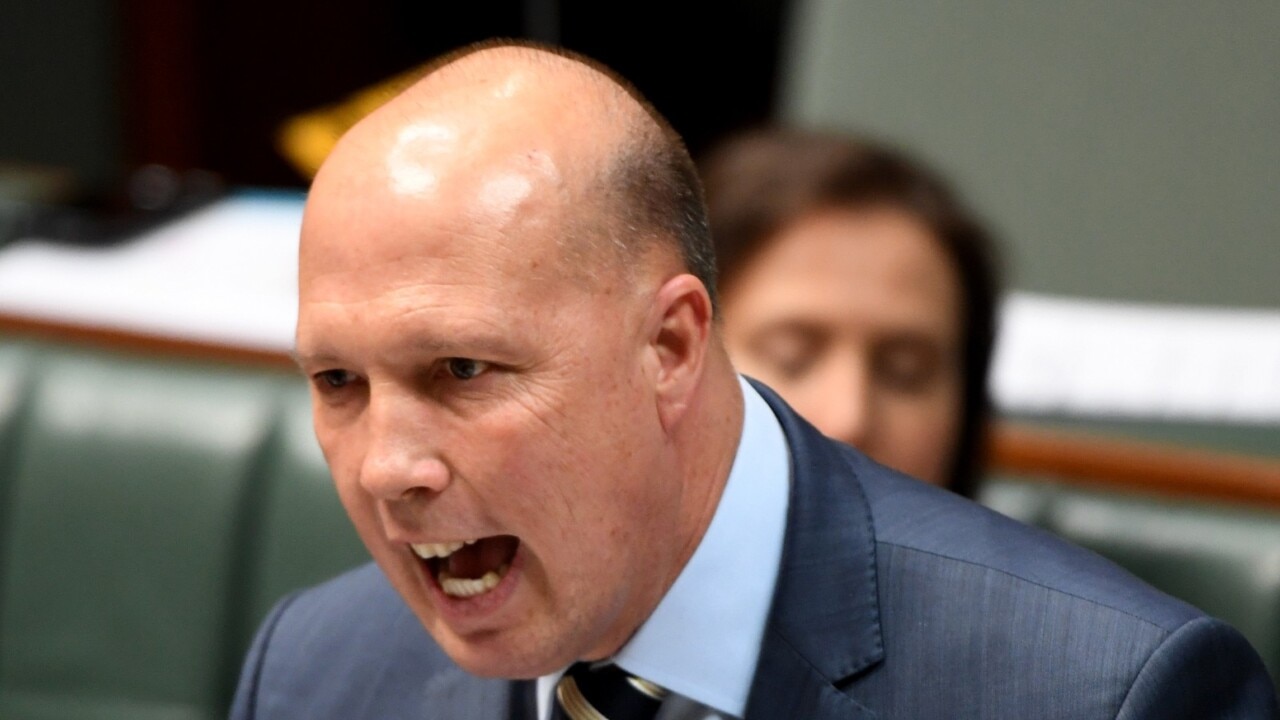
A senior ALP campaigner said the party had “closed the gap” with the Liberals on donations, election funding and other receipts lodged with the AEC.
The AEC disclosures, considered the best guide to how much the parties raised and spent, reflect cash accounting rather than accrual, involve some double counting and are not exact reflections of party activity.
Amid concerns about the ALP’s support from unions and cashed-up industry super funds, some Coalition figures are agitating in favour of publicly funded campaign models. The Liberals and Nationals are facing long-term challenges in attracting donors, as companies come under pressure from shareholders, party members age or drop off and cashed-up entrepreneurs seek alternative options like the teals.
Prominent businessman, ex-Macquarie banker and former Myer Family Investments deputy chair Peter Yates said that in Victoria – where the Liberals are at their weakest – the party had focused too much on fundraising and not enough on membership.
Mr Yates said people donated to the Liberals because they wanted representation in government from a party that backed individuals taking risks to create wealth.
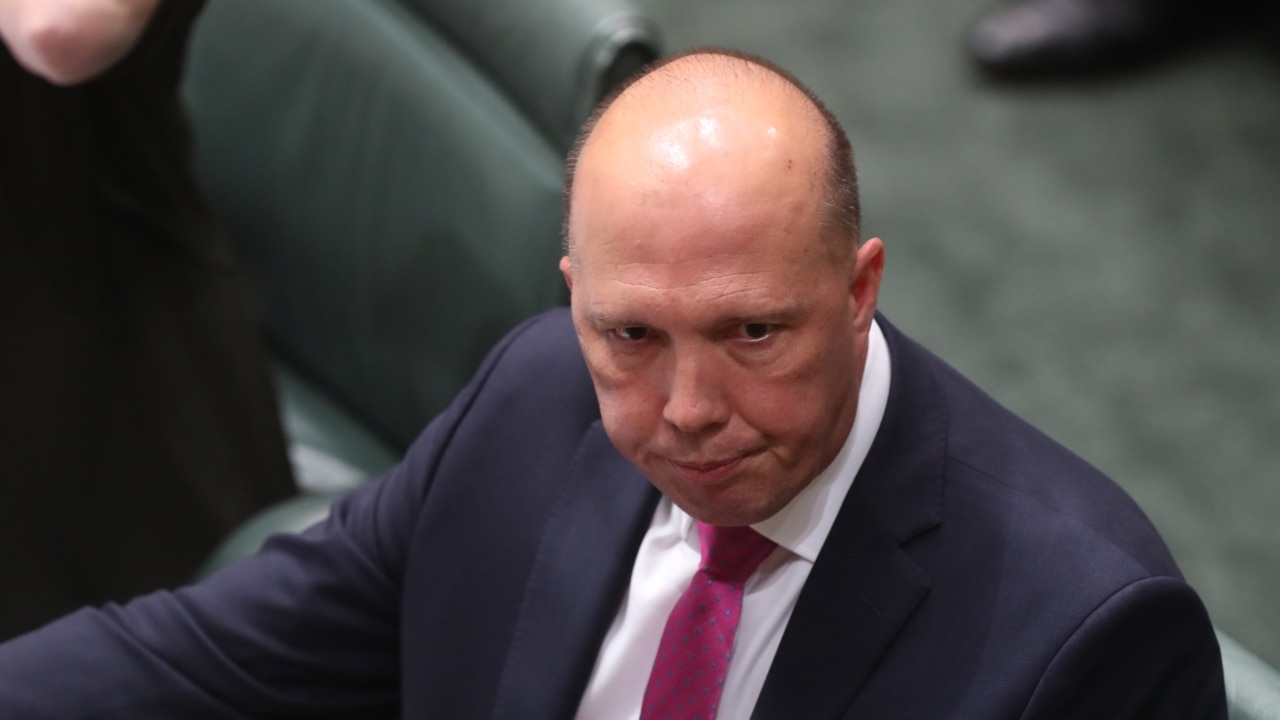
“A successful Australia is an economically strong Australia. Those who risk their human and financial capital for an unknown return should be celebrated. Those who grow the pie should be rewarded not diminished, and donors to the Liberal Party wish to see that purpose properly represented in government,” he said.
Billionaire retail king Gerry Harvey, who is not a prolific political donor like the Pratt family or Harry Triguboff’s Meriton Group, said the Liberals and other political parties had lost their way on delivering coherent policy positions: “When you start to talk about democracies like Australia, the world’s never been in a sillier place.”
The 83-year old businessman, who opposes political donations, said while the Liberals were “on the nose” after almost a decade in power, their time would come again.
“Labor got in with 32 per cent of the primary vote. It’s not what you’d call a ringing endorsement of any political party. A bit further down the track the Labor Party will be on the nose and the Liberal Party will be doing well,” Mr Harvey said.
Bankers and chief executives, many who live in inner-city electorates lost to the teals, said they believed the Liberal Party must attract more women and win back female voters.
ADDITIONAL REPORTING: TANSY HARCOURT


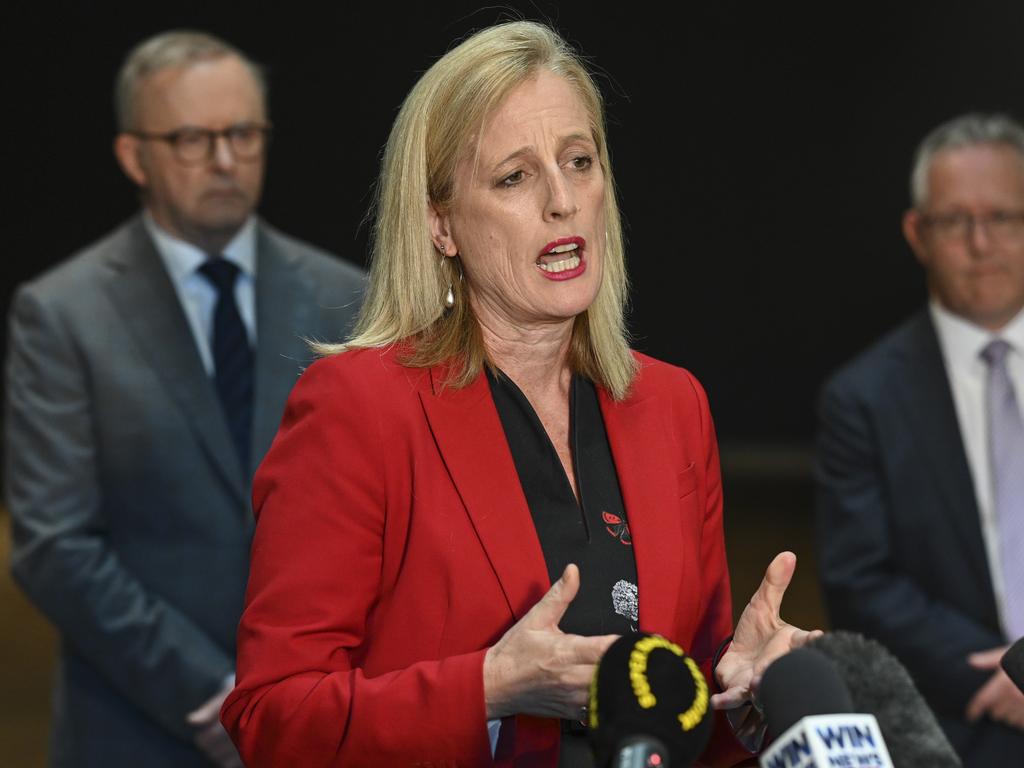
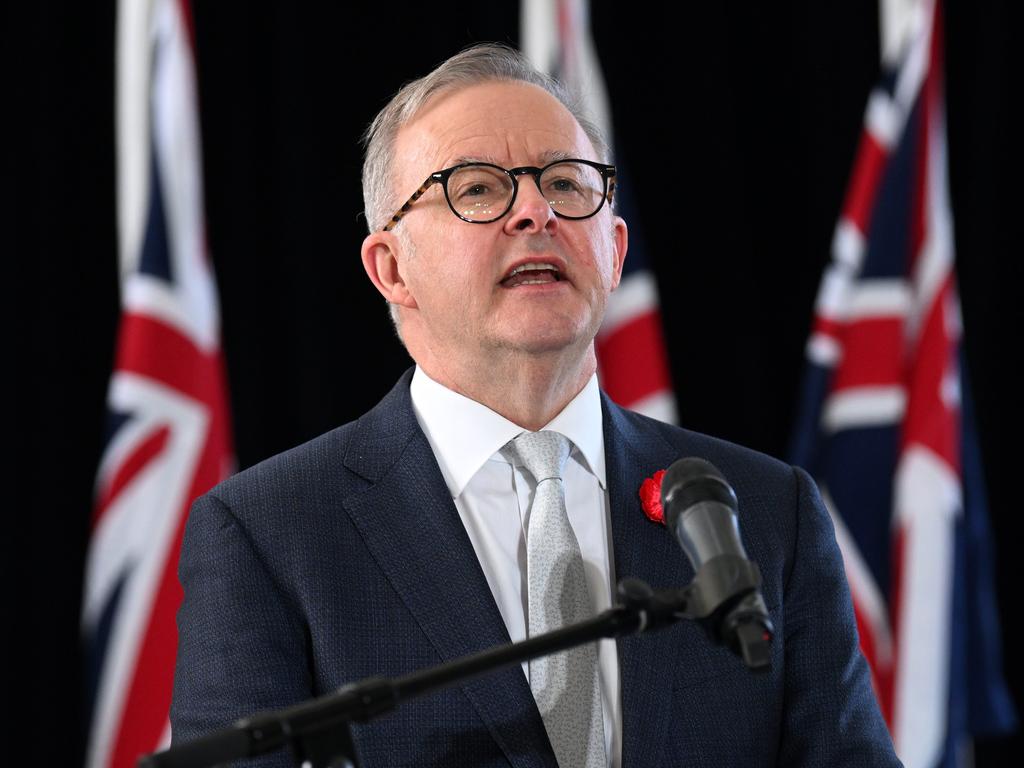
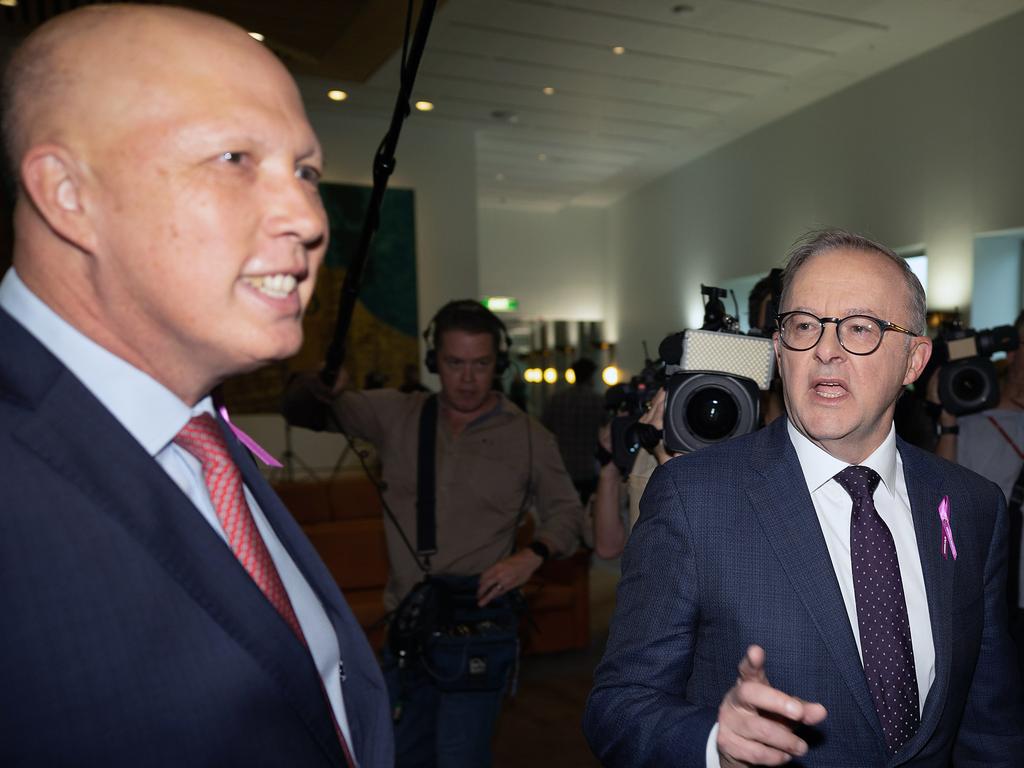
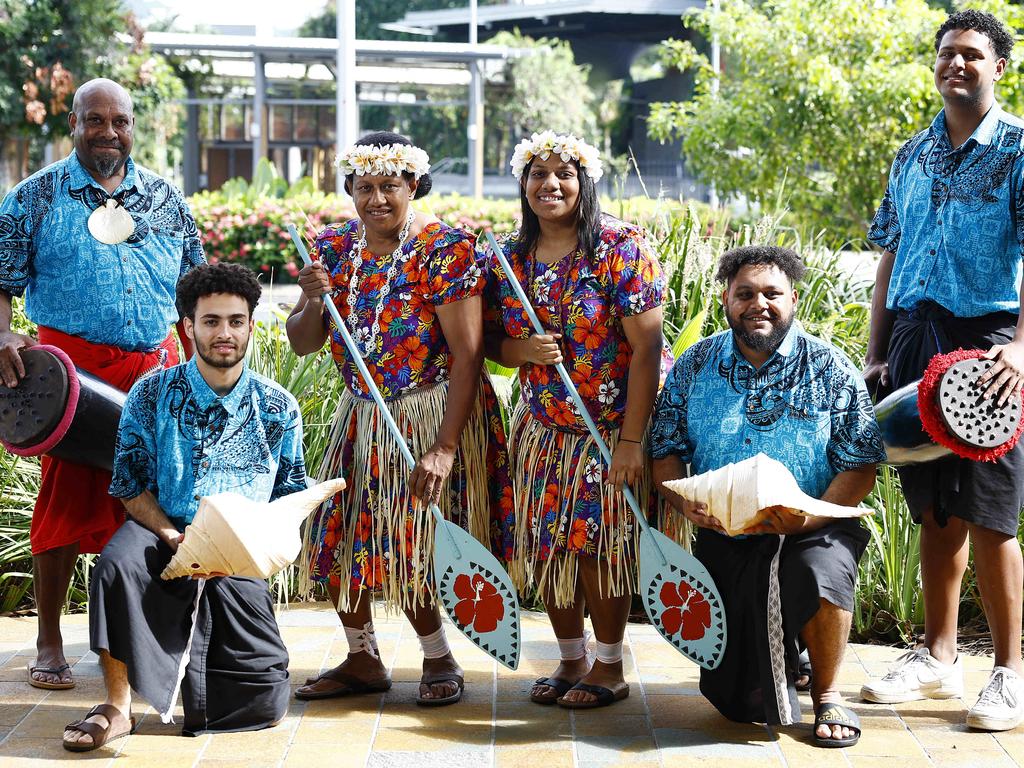


To join the conversation, please log in. Don't have an account? Register
Join the conversation, you are commenting as Logout